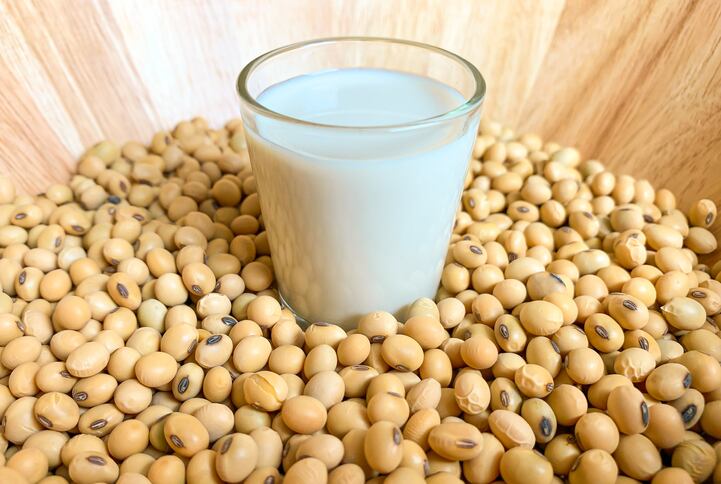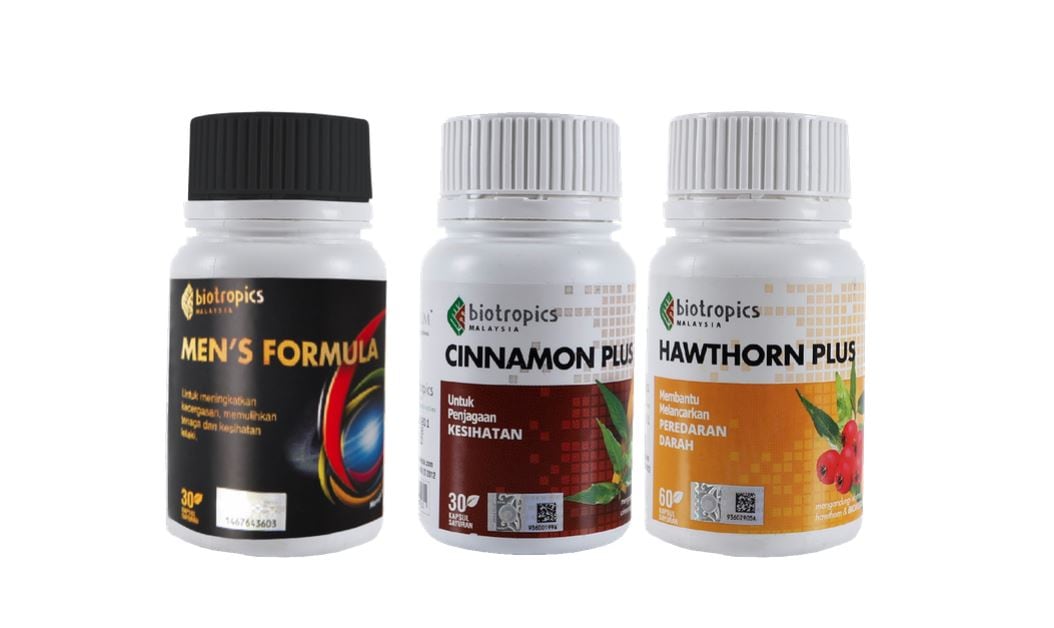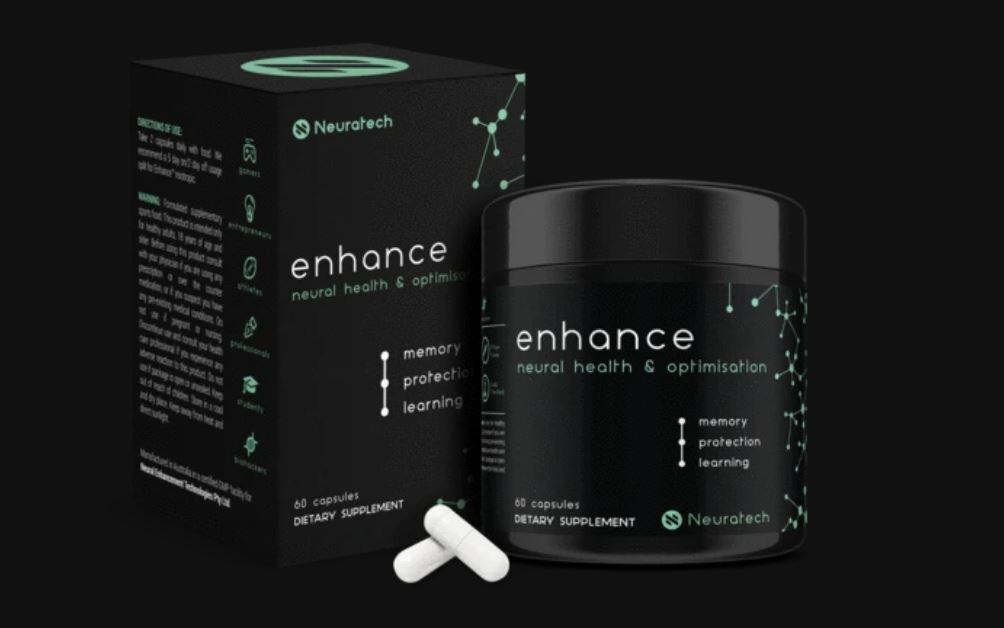Researchers from Japan studied the serum equol levels, which is a metabolite of soy isoflavone (ISF) transformed in the gut microbiome. They found that subjects with higher serum equol levels produced lesser white matter lesions (WML) compared to subjects with lesser serum equol levels.
White matter lesions are typically observed on brain scans in elderly as well as demented people.
Researchers said this was the first study investigating the association of equol-producing status with white matter lesion.
They added that their findings can act as a basis for future randomised-controlled trials of equol and WML association.
The study was published in the Alzheimer's & Dementia: Translational Research & Clinical Interventions journal.
Study design
The study involved 91 elderly subjects in Japan aged 75 to 89, who were assessed to be cognitively normal using neuropsychological tests.
They were part of the Suita study, a population‐based prospective‐cohort study at the National Cerebral and Cardiovascular Center (NCVC) in Japan.
Some of the participants had hypertension, diabetes and dyslipidemia, but were otherwise healthy.
WML volume was assessed through magnetic resonance imaging (MRI).
Serum equol was collected between six to nine years before the imaging study as well as at the time of imaging study to determine fasting levels of ISFs (daidzein, genistein) and equol.
Daidzein and genistein are soy isoflavones which produce equol in the presence of gut bacteria.
Suject were divided into equol non producers defined as those with serum level of zero, low-equol producers (approx. 22.8 μmol/L) and high-equol producers (approx. 166.1 μmol/L).
Brain matters
About 51% of subjects were equol producers (high and low), leaving 49% of participants non‐producers (0 μmol/L).
It was found that WML volume in high equol producers were more than 50% lower compared to non equol producers.
WML is a predictor of cognitive decline and dementia.
One limitation in this study was that serum (blood) levels of ISF reflect dietary intake over the previous few days rather than long-term, but researchers explained soy and ISF are a standard component in the Japanese diet.
Another limitation was “the possibility that the association with WML is not mediated by equol itself but rather some phenotypes related to equol‐producing status.”
However, researchers said their findings have important implications for future RCTs across geographies and population groups.
In Japan where the diet is typically high in soy, ISF intake is associated to higher cognitive scores and lower prevalence of mild cognitive impairment.
However, in US, soy intake and ISF was not associated to significant cognitive impact.
Researchers said this discrepancy in Japan and US may be due to the difference in equol-producing ability.
Equol is the most bioactive among all ISF and about 40 to 70% of Japanese can convert ISF like daidzein to equol in contrast to 20% to 30% of Americans.
Researchers said equol was currently tested in RCTs on post‐menopausal symptoms, skin aging, and arterial stiffness but never WML.
They recommend an RCT design studying equol supplementation of 20mg/d for 24 months or longer in elderly without dementia.
Source: Alzheimer's & Dementia: Translational Research & Clinical Interventions
https://doi.org/10.1002/trc2.12089
“Associations of equol‐producing status with white matter lesion and amyloid‐β deposition in cognitively normal elderly Japanese”
Authors: Akira Sekikawa, et al.




